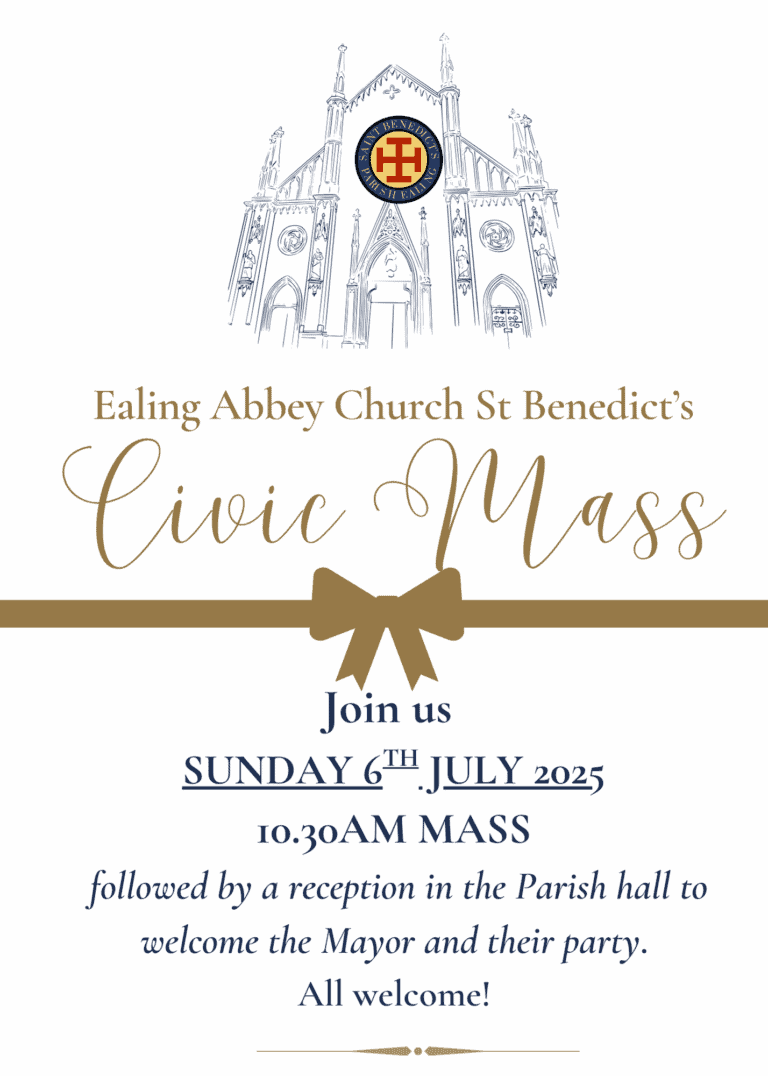Dear Parishioner,
Scope-gap, that’s my new word (phase, verbal noun, noun-y verb? I went to school in the ‘60’s and 70’s, so this sort of thing didn’t really crop up). It comes, apparently, from the world of Project Management, as I am sure the wise among you noticed immediately. But it caught my attention because it uses one of the oldest bits of monastic vocabulary. To scope gap is to look at your plan (such an antique word; I’m surprised it isn’t locked in an air-conditioned cabinet in a museum) and see if there’s anything you’ve left out. But scope as a noun, was given to monks in the 4th Century by John Cassian(1) . Monks, he said, should have a skopos, a plan, as set of activities or ideas to govern their lives. But that alone won’t be enough, because a skopos, a means, only makes sense if there is Telos, an end. It’s all very well having a plan, but we need first to know what it is that we want, what are we planning for.
This may seem obvious, but this Sunday’s gospel passage shows Jesus driving out stal holders from the Temple in Jerusalem. The Temple has become so big, so important, that people have forgotten what it is for, it has become and end in itself. About now, every year people come to me complaints that they have got nowhere with their Lenten resolutions; all their plans of extra this and less of that, have come to nothing. Why? Because we let means become ends, we forget why we are doing this, and unless we know, we’ll soon forget what we promised to do.
So, consider what you have decided to do to mark Lent and ask yourself why? What is my purpose in doing this? The old trinity of prayer, fasting and also giving is helpful since its asks us to consider something spiritual, something physical, and something relational. How I think, how I live, how I relate to others. Why, we might ask ourselves, do these need attention? If we do this, then our skopos won’t have any gaps, because we’ll understand our telos.





